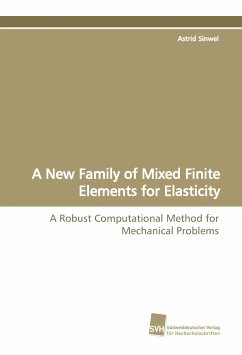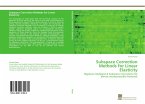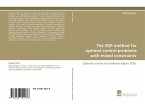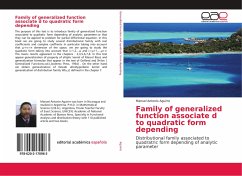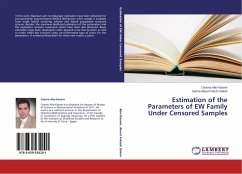Applications from engineering sciences, medicine, and other fields demand computational simulations of mechanical problems to predict deformations and stress fields. In a mathematical framework, this leads to partial differential equations which can be effectively treated by the finite element method. State of the art are the primal method using continuous displacements, Hellinger-Reissner and weak symmetry mixed methods. However, all of these methods have their drawbacks, such as locking effects for thin structures or nearly incompressible materials, or high computational complexity. In this work, the TD-NNS (Tangential-Displacement-Normal-Normal-Stress) method is introduced, which overcomes all above difficulties. Here, the displacement is sought in the Sobolev space H(curl), ensuring tangential continuity of the displacement vector. The stresses lie in the newly introduced, normal-normal continuous space H(divdiv). The variational formulation is analyzed thoroughly. A finite element scheme of arbitrary order is presented, stability and optimal orders of approximation are shown. Also, the method is robust when applied to nearly incompressible materials or thin structures.
Bitte wählen Sie Ihr Anliegen aus.
Rechnungen
Retourenschein anfordern
Bestellstatus
Storno

